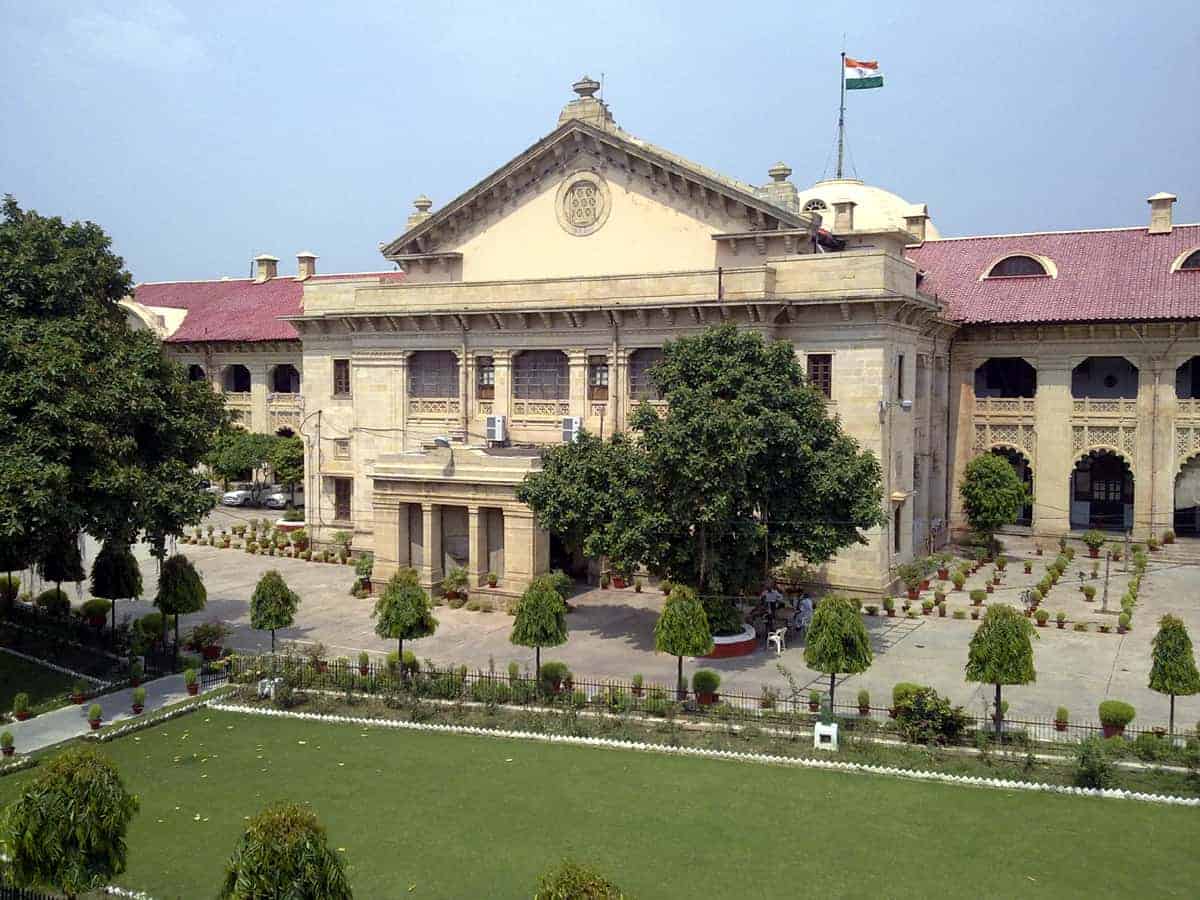
Prayagraj: The existence of a temple on the disputed site in Varanasi and its demolition to build a mosque is mentioned in religious and history books, a counsel for the Hindu side claimed in the Allahabad High Court on Tuesday.
Hari Shankar Jain, the counsel representing the Hindu side in a Kashi Vishwanath-Gyanvapi mosque case, argued that such books should be taken as a piece of evidence under the Indian Evidence Act.
The Allahabad High Court was hearing a revision petition filed by Anjuman Intezamia Masjid, the Gyanvapi mosque management committee, that has challenged a Varanasi court order turning down its objections to the maintainability of the suit filed by five Hindu women who sought permission to worship Shringar Gauri and other deities whose idols are located on an outer wall of the mosque.
As per the date fixed by the high court, the hearing of the case resumed on Tuesday. However, after a brief hearing, Justice J J Munir directed to put up this case on December 7 for further hearing.
The district judge of Varanasi had on September 12 dismissed the plea filed under Order 7 Rule 11 of the Civil Procedure Code.
While rejecting the mosque management committee’s plea, the Varanasi district judge had observed that the suit of the plaintiffs (five Hindu women) is not barred by the Places of Worship (Special Provisions) Act, 1991, The Waqf Act 1995, and the UP Shri Kashi Vishwanath Temple Act, 1983 as was being claimed by the mosque committee.
The present revision petition has been filed by the Anjuman Intezamia Masjid before the high court challenging the September 12 order on the ground that the suit before the Varanasi court is barred under the Places of Worship Act, 1991, which provides that no suit can be filed seeking conversion of any religious place as existed on August 15, 1947.
